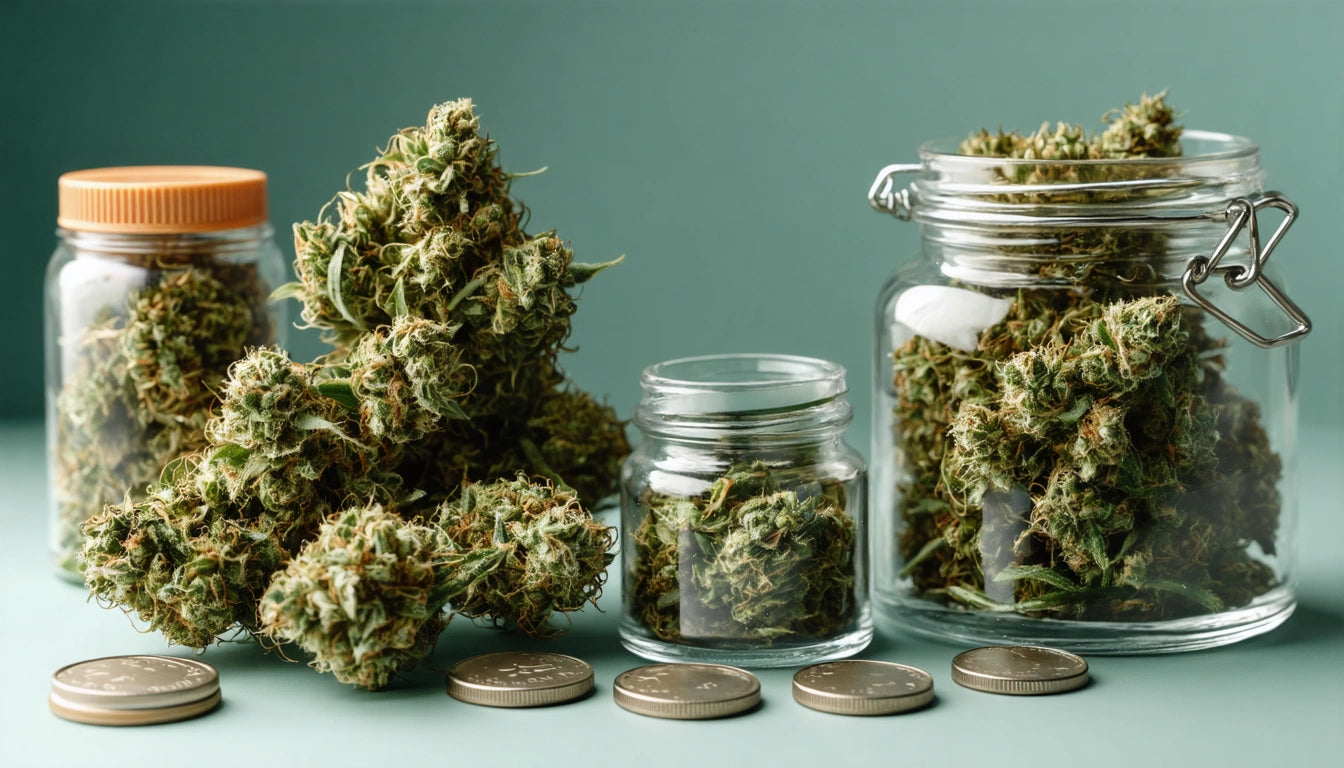Table of Contents
How Long Does Hash and Hash Oil Last Before Going Bad?
Cannabis concentrates like hash and hash oil offer potent experiences with unique consumption methods, but understanding their shelf life is crucial for maintaining quality and potency. Unlike flower, these concentrated forms have different degradation patterns and storage requirements that directly impact how long they remain viable.
Shelf Life Basics: How Long Hash and Hash Oil Typically Last
Traditional hash, when properly stored, can maintain its quality for approximately 1-2 years. Hash oil typically lasts even longer, with proper storage extending shelf life to 2-3 years before noticeable degradation occurs. These timeframes assume optimal storage conditions away from light, heat, and air exposure.
The longevity difference between these products stems from their composition:
- Traditional hash contains plant material that can degrade more quickly
- Hash oil has fewer plant compounds and higher purity, resulting in better stability
- Full-spectrum extracts may degrade faster than isolates due to the presence of multiple compounds
The question of how long cannabis products last in storage applies differently to concentrates than to flower, with concentrates generally offering extended shelf life when handled correctly.
Storage Factors That Affect Hash and Hash Oil Longevity
Temperature Control
Temperature significantly impacts how long hash stays good for. The ideal storage temperature range is 60-70 °F (15-21 °C). Higher temperatures accelerate cannabinoid degradation through decarboxylation and terpene evaporation.
For hash oil specifically, refrigeration can extend shelf life considerably, though frequent temperature changes should be avoided as they create condensation that introduces moisture.
Light Exposure
UV light rapidly degrades cannabinoids, particularly THC. Dark storage containers or cabinets protect against photodegradation. Amber or opaque glass containers offer superior protection compared to clear glass or plastic.
Air Exposure
Oxygen exposure is perhaps the most significant factor in determining how long hash oil lasts. Oxidation converts THC to CBN, changing both potency and effects. Vacuum-sealed containers or those with specialized airtight caps for cannabis storage jars can dramatically extend shelf life by creating an oxygen-free environment.
Signs of Degradation in Hash Products
Knowing whether hash oil goes bad requires recognizing several key indicators:
- Color changes: Darkening indicates oxidation and potency loss
- Texture changes: Drying, crumbling, or increased stickiness signals degradation
- Aroma changes: Diminished terpene profile or musty smells indicate age or contamination
- Taste changes: Harsh, bitter flavor profiles suggest chemical breakdown
- Effect changes: Reduced potency or altered effects often mean THC has converted to CBN
While degraded hash products rarely become dangerous to consume, their quality and desired effects diminish significantly over time. Understanding cannabis product longevity helps consumers make informed decisions about when to replace their concentrates.
Hash Edibles: Special Considerations for Brownies and Baked Goods
The question of how long hash brownies last involves two separate considerations: food safety and cannabinoid preservation. Hash-infused baked goods typically follow standard food safety guidelines first, with most items lasting:
- Room temperature: 2-3 days
- Refrigerated: 5-7 days
- Frozen: 2-3 months
The cannabinoid potency in edibles generally remains stable for the duration of the food's shelf life when properly stored. However, edible potency can diminish over time, particularly when exposed to air and light.
Unlike direct hash consumption, edibles introduce additional variables like moisture content, preservatives, and other ingredients that can affect overall shelf life. Freezing remains the best option for long-term storage of hash brownies and similar products.
Best Practices for Extending the Shelf Life of Cannabis Concentrates
To maximize how long hash and hash oil remain viable:
Container Selection
Choose containers specifically designed for concentrate storage:
- Silicone containers for sticky concentrates
- Glass containers with airtight seals for oils and tinctures
- Parchment paper for short-term storage of certain extracts
The importance of proper containers cannot be overstated. As noted in research on cannabis freshness in sealed containers, the right storage vessel can significantly extend product viability.
Storage Location
Beyond the container itself, where you store hash products matters:
- Cool, dark cabinets away from appliances
- Refrigeration for long-term storage (allow to reach room temperature before opening)
- Dedicated storage areas away from cooking spaces and humidity sources
Handling Practices
Even with proper storage, how you handle concentrates affects longevity:
- Use clean tools to prevent contamination
- Minimize container opening to reduce air exposure
- Return products to proper storage immediately after use
- Consider dividing bulk purchases into smaller usage portions
Understanding hash oil production methods can also inform better storage practices, as different extraction techniques yield products with varying stability profiles.
Maximizing Quality and Investment Through Proper Storage
Hash and hash oil represent significant investments for many consumers. Proper storage not only extends shelf life but also preserves the specific effects and experiences these concentrates offer. By implementing the storage techniques outlined above, consumers can ensure their products maintain potency and quality for the maximum possible duration.
Remember that while degraded hash products rarely become harmful, they do lose the characteristics that make them desirable. With minimal effort and the right storage solutions, most consumers can significantly extend how long their hash and hash oil products remain at peak quality.











Leave a comment
All comments are moderated before being published.
This site is protected by hCaptcha and the hCaptcha Privacy Policy and Terms of Service apply.